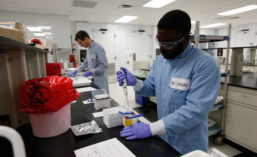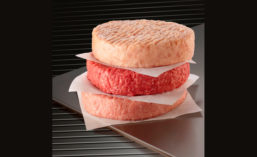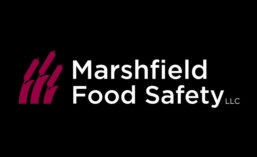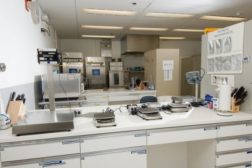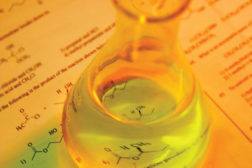Home » Food Safety
Articles Tagged with ''Food Safety''
Nestlé Expands Quality Assurance Facility
Increased capacity, efficiency and analytic tools help Nestlé continue to provide consumers with trustworthy products
August 11, 2016
Food Safety and Microbiological Problems
Major food recalls in 2015 reveal persistent problems with listeria and allergen contaminations
August 10, 2016
Newly Weds: Clean Label
Newly Weds’ new DefenStat™ offers clean label food safety benefits to raw meat and poultry
June 6, 2016
The Science of Safe Food
The Food Science Conference provided detailed insights to the latest advances within the Marshfield lab, as well as testing strategies presented by Cornell Institute for Food Systems.
May 23, 2016
NAS Report Upholds Safety of GE Foods
The National Academies of Sciences, Engineering, and Medicine recently released its report, Genetically Engineered Crops: Experiences and Prospects
May 20, 2016
Dihydrogen Monoxide: Is it Safe for Food
Two-Minute NutraNews Break with David Feder
August 22, 2014
Five New Forms of Listeria
Cornell University researchers have identified five new species of Listeria.
April 2, 2014
Preservatives Set to Grow
The food preservative market is estimated to reach $2.7 billion by 2018.
March 3, 2014
SQF Certification for Ticklebelly
Steven Roberts Original Desserts and Ticklebelly Desserts announced its Pembroke, N.C., bakery has earned SQF Level 3 Certification.
February 26, 2014

